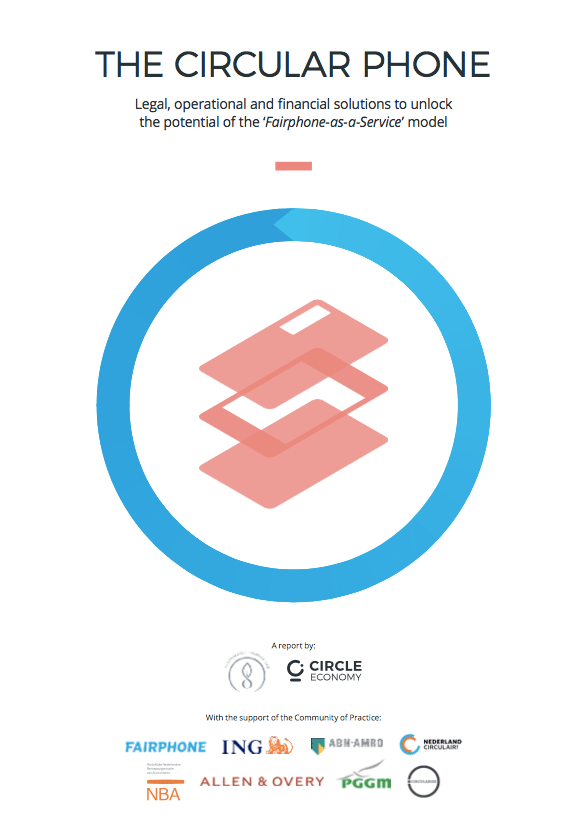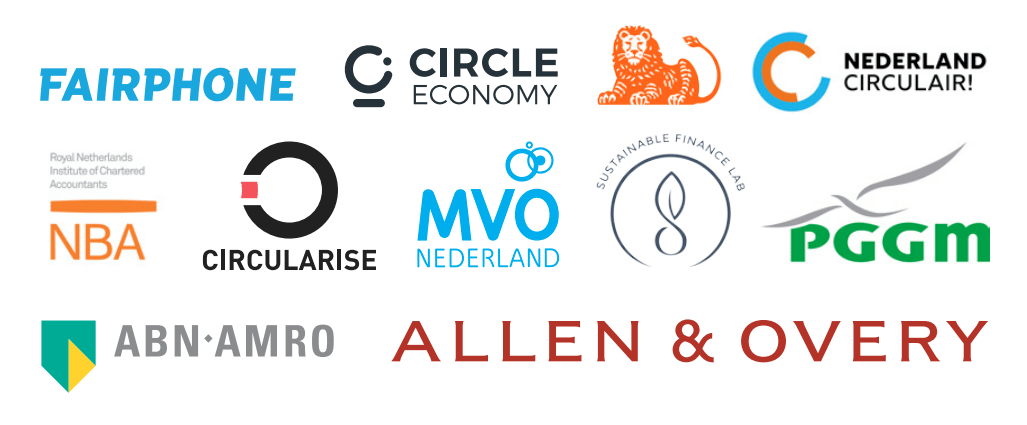Originally published at: https://www.fairphone.com/en/2018/01/08/from-ownership-to-service-new-fairphone-pilot-for-companies/
It’s perfectly normal to rent an apartment. And plenty of people lease cars. But would you ever consider doing the same with a phone? What would the ideal business model be? What are the benefits for Fairphone and our community? That’s what we’re working to uncover with our recent research and a new pilot project.
A circular approach with a focus on service
When we started making the Fairphone 2, we designed it with a circular economy in mind – meaning we considered every part of the phone’s life cycle to use resources as smartly as possible. For example, it’s easy to repair, we have a take back program and we’ve researched the best recycling methods. Some time back we also discussed alternative business models for consumers to incentivize take back.
Community of practice during the research stage for a more resource-efficient business model.But really implementing a circular economy requires time and experimentation. It demands a change in mindset about ownership, and a different approach to selling our products. Over the last 4 months, Circle Economy and Fairphone formed a community of practice with financiers, accountants, data experts and lawyers to start investigating a more resource-efficient business model: one that ensures the intrinsic value of the phone stays as high as possible for as long as possible.
Our research resulted in one clear idea: Fairphone as a service.
Members of the community of practice involved in the projectFrom research to pilot project
This week, Fairphone and Circle Economy published a research paper summarizing our findings on this new proposition. It includes a potential business model for Fairphone as a service and how we can shift the concept of value from the product itself to the services that the device offers. So concretely, we would like business customers to move from buying a phone (ownership) to renting a device that allows them to make calls, send texts, use apps and enjoy entertainment (services).
Putting ownership in the hands of the manufacturer (Fairphone) gives us more control over the device and puts us in a better position to take advantage of the circular economy. Because if we lease the phone instead of selling it, we can ensure that all the resources inside are used optimally over the course of the phone’s life cycle, including when it’s time to be used by a another client or recycled.
After completing our research, we now we’re ready to move from theory into practice. So we’re currently setting up a pilot project with PGGM (who have indicated their intention to participate).

Click here to download or read the full report.
Want to try Fairphone as a service?
In the short term, we’ve decided to limit our test to the business market. Besides moving us all closer to a circular economy, our new proposition will help companies:
- Lower costs (a fixed monthly rental fee instead of buying phones)
- Easily manage repairs (some done in-house with spare parts; we take care of the rest)
- Always have working devices (each package includes extra phones to replace those that might be out for repair)
- Reduce end-of-life worries (we’ll take care of recycling)
We’re still looking for a couple more companies to help us test this concept “in the wild”. If you work for a small or medium-sized organization and are excited to help us refine this idea, please have a look at our research and get in touch: research@fairphone.com. We’re excited to hear from you!
Note from the editor:
We’d like to say thank you to everyone who joined our community of practice and shared their time and expertise. We’re very grateful for all your contributions!




